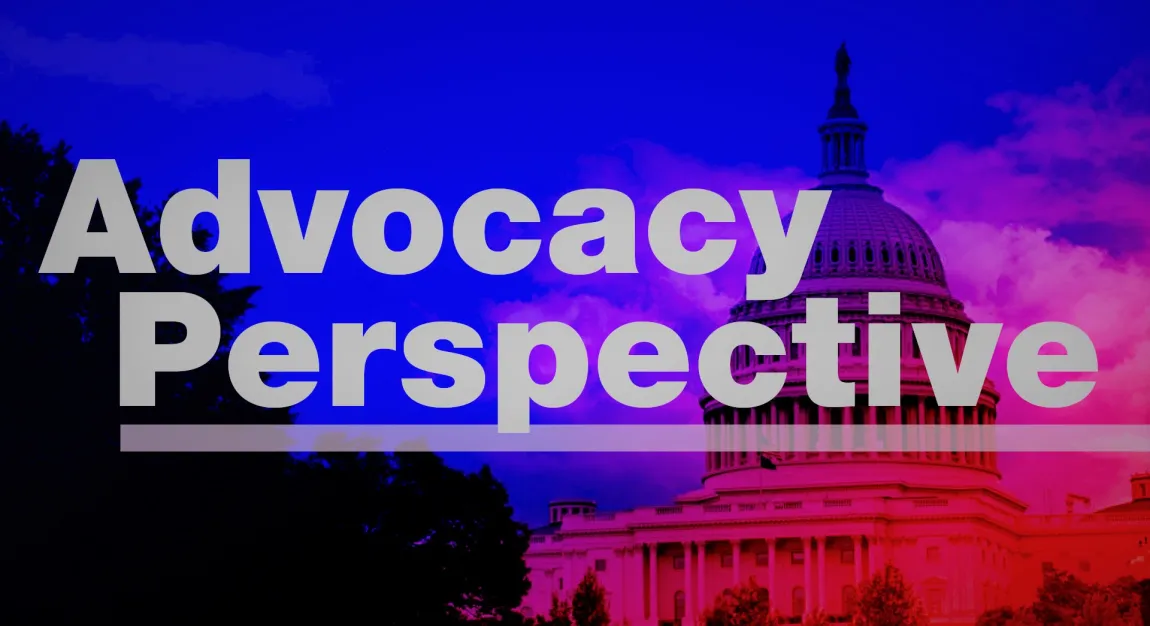- The Pediatric Specialty Loan Repayment Program awards eligible pediatric health professionals up to $100,000 in educational loan repayment in exchange for three years of service at an approved facility.
- Applications are due July 20, 2023, at 7:30 p.m. ET.
- STS advocated for the PSLR for more than 10 years and will continue to support programs that address physician workforce shortages.

On June 9, the United States Department of Health and Human Services launched the new Pediatric Specialty Loan Repayment Program (PSLRP), a $15M investment to recruit and retain pediatric medical specialists. The Health Resources and Services Administration administering the PSLRP is accepting applications through July 20, 2023.
Eligibility
To qualify for the program, applicants must be a U.S. citizen, national, or permanent resident; meet educational and credential requirements; and either be employed or begin training as a pediatric specialist at a PSLRP-approved site serving a medically underserved area or population. Eligible subspecialties for allopathic and osteopathic physicians include pediatric medical subspecialists, pediatric surgical specialists, and child and adolescent psychiatrists.
Find out if you’re eligible and apply here by July 20, 2023, 7:30 p.m. ET.
Award Details and Service Requirement
Applicants selected to be participants in the PSLRP will receive up to $100,000 in graduate and/or undergraduate educational loan repayment. In exchange for loan repayment, program participants are required to work full-time for three years at a PSLRP-approved site located in a medically underserved area or serving a medically underserved population. Participants will not receive service credit for employment and training prior to the effective date of their PSLRP contract.
Addressing the Growing Pediatric Workforce Demand
Longer training and high loan debts disincentivize students from pursuing careers in pediatric subspecialties. STS advocated for the creation of the PSLRP for more than 10 years and will continue to support loan repayment programs that encourage more students to explore careers in pediatric cardiothoracic surgery.
This program invests in current and future pediatric cardiothoracic surgeons to meet the growing demand. Congenital heart disease (CHD) is the number one birth defect in the U.S., representing nearly 1% of all U.S. births. Many CHD patients require multiple specialized procedures throughout their lifetime. Ensuring the U.S. has a robust pediatric cardiothoracic surgeon workforce to meet this demand will lead to better outcomes and lower costs for patients and the healthcare system.
Eligible pediatric cardiothoracic surgeons and trainees are encouraged to apply.
The author, Derek Brandt, is the STS vice president of government relations.
